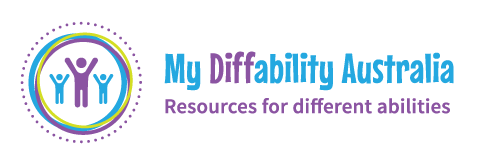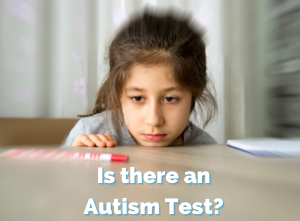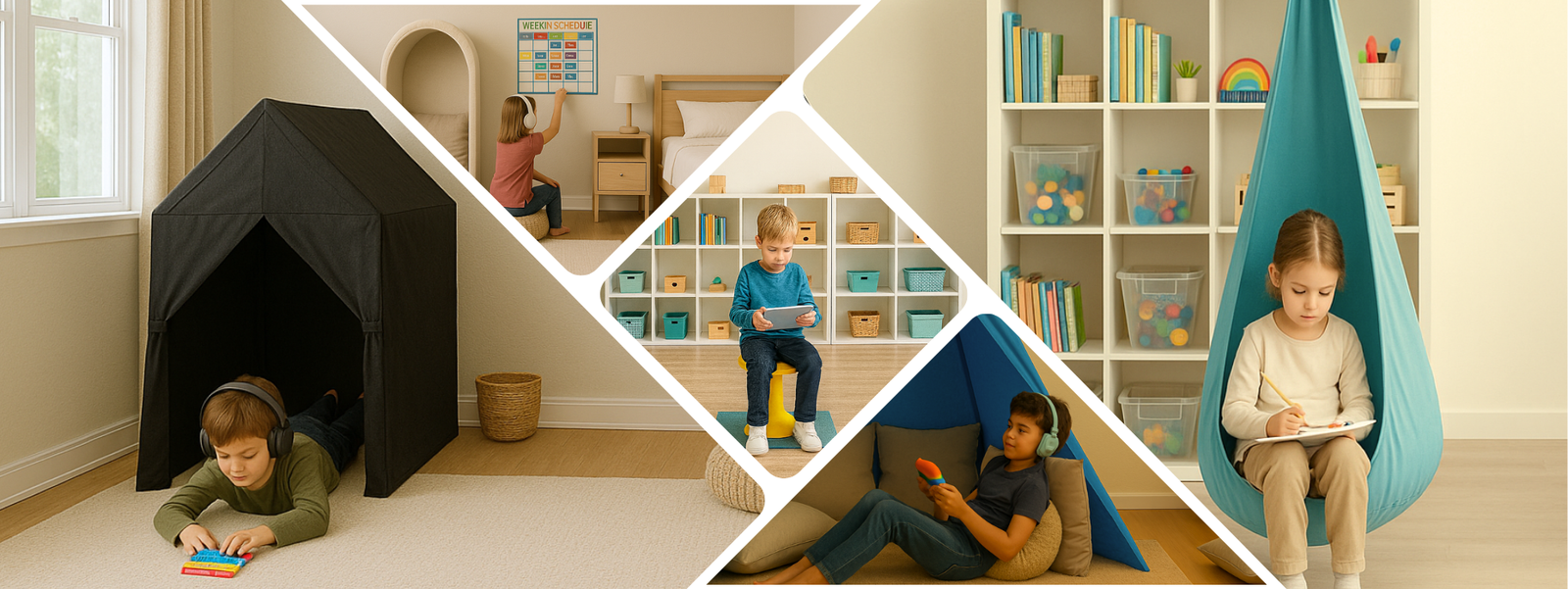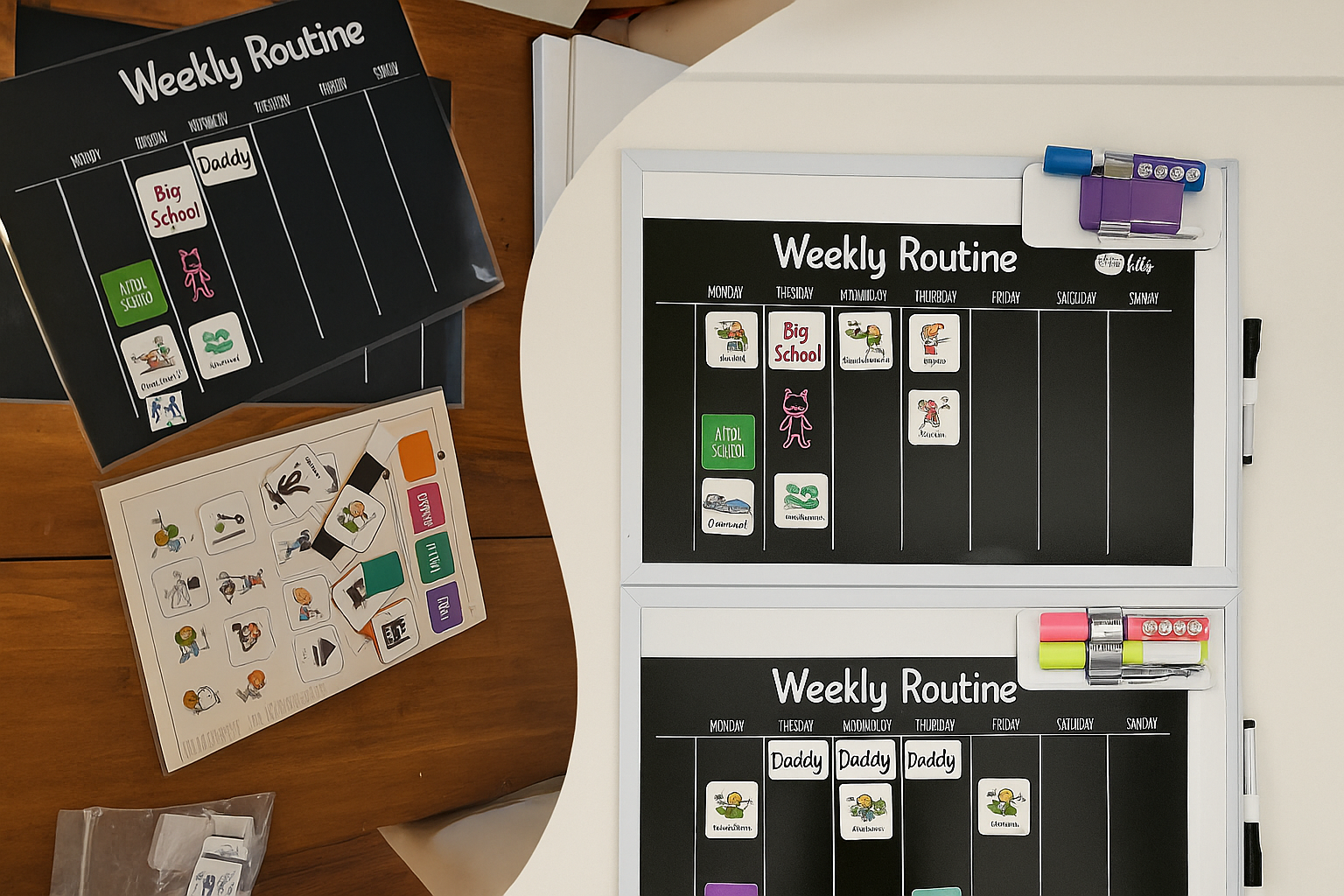Autism Spectrum Disorders (more commonly known as Autism these days) are diagnosed by health professionals such as paediatricians, psychiatrists, psychologists and / or other Speech Pathologists (this will vary depending on where you live) with specialist knowledge and experience in the area.
There isno single test for Autism Spectrum Disorder (autism test). The diagnosing professional(s) will utilise special tests and tools designed to detect autism, however this process involves careful observation of thechild and discussion with carers rather than something simple like a blood test.
Whare are some of the autism tests that professionals may use to help with diagnosis?
- The Childhood Autism Rating Scale (CARS)
- Autism Diagnostic Observation Schedule (ADOS)
- Autism Diagnostic Interview (ADI)
- Developmental Behaviour Checklist (DBC)
- Modified Checklist for Autism in Toddlers (M-CHAT)
Here's a quick checklist to refer to before moving on to formal testing, if you think your child might be autistic:
Children with Autism Spectrum Disorders (often) have difficulties and differences in the areas of:
- Social Interactions & Communication
- Restricted and Repetitive Behaviours
- Sensory Processing
During Communication & Social Interactions, children with autism might:
- seem unaware of other people
- appear to be in a world of their own
- have difficulty relating to others
- not know how to play or interact with other children, particularly same-aged peers
- not respond when you call their name
- have looking people in the eye / making eye contact
- fail to respond to greetings and other social interactions
- not babble or vocalise like other children
- be nonverbal, or have limited speech
- not be able to follow simple instructions, particularly out of routine / context
- talk ‘at’ rather than ‘to’ you
- use mainly echolalic speech (repeat words or sentences spoken by another person, or perhaps from movies or favourite tv shows)
- have inexplicable tantrums / meltdowns
- speak with an unusual tone of voice / accent
What types of Restricted and Repetitive Behaviours might children with Autism have?
- trouble with changes in routine, or finishing an activity / starting a new one
- following their own routines, or behaviours that they engage in over and over again
- moving their bodies in ways that others might find confusing or odd (such as rocking back and forth / flapping their hands, etc)
- very strong interests in particular objects / toys / topics (for example, they might like to carry or collect things / have a keen interest in dinosaurs, space, trains or another topic)
- playing with toys in ways that might be different to other kids (for example spinning a wheel on a train, or lining up toy cars)
Sensory Processing differences are common in children with Autism. You might notice things like:
-being very sensitive to certain noises like vacuum cleaners, hand dryers, lawn mowers, crying, etc
- being fussy / restricted eaters
- being very active or always on the go (for example running, jumping, spinning, climbing, jumping, etc)
- having trouble wearing particular clothing items like shoes or socks
- walking on their tip-toes
- looking at objects / peopleside on or out of the corner of their eye
- making noises to themselves like singing, humming, vocalising
- doing things to distort their vision like flicking their fingers in front of their eyes, or poking the corner of their eye
- studying objects intently / closely
- smelling people or non-food objects frequently
Conclusion
No single sign listed above will result in a diagnosis of an Autism Spectrum Disorder, however if you feel that your child displays some of them or if you are worried about their development then it is very important that you seek advice from a medical / health professional as soon as possible.
The great news is though.. these days we have moved on from Autism Awareness to Autism Acceptance. Almost everyone knows at least one person with Autism, so it's not as unknown as it was before. Therapy has moved to a more neuro-affirming way of thinking about interventions, so if your child has autism the focus is now on helping them be and love their best and true self rather than trying to change them.
We are a neuro-affirming business, founded by therapists in 2011. We are here to answer any questions you might have, so please don't be scared to reach out if you need some advice.





Leave a comment (all fields required)